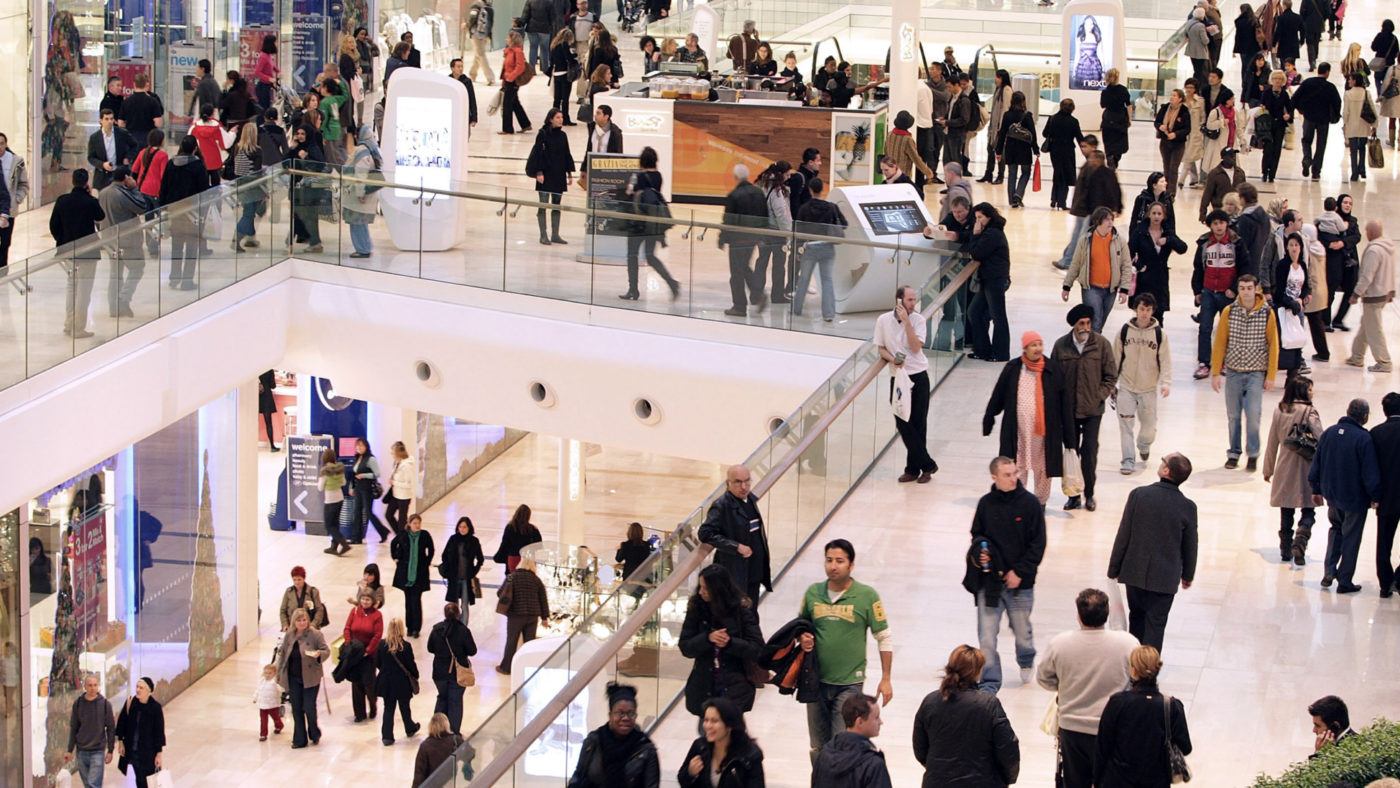Market economies depend very heavily upon trust. As I sit here in this café, I am drinking tea someone made me. I trust that the person that made the tea has not sought to poison me, has not made the water so scalding I will be injured, has used cow’s milk instead of soya.
I trust the Bank of England not to have suddenly withdrawn most of the pounds in circulation so the real price of my tea is 10 times as much as it appeared. I paid by tapping a card, trusting that only the intended amount was taken from my account and my financial details have not been sold to thieves.
And I trust that the Government would pursue justice for me if I were scalded, defrauded, poisoned or robbed.
Many of us may think of ourselves as cynics, but in fact we live in a world utterly dependent upon faith. In societies that lack our faith, markets lose much of their efficacy.
If they lose faith that the authorities will keep the value of money reasonably stable, people do not save currency, they become very short-termist, the division of labour breaks down and they hoard assets and barter.
If they have no faith that they will not be poisoned, or that the authorities will not pursue their poisoners if they are, people will eat only in familiar places and expect their families to exact vengeance if required.
If people expect others only to be seeking a deal in their own interests, they will also seek to defraud or exploit when they have the chance, so that life evens out.
To build a society of faith, we once needed some history of moral pressure to get things going. But by this point in our history we have built deep wells of habit, custom and expectation.
There are rules, which include how trust is maintained, what happens when it breaks down and how it can be restored – and as economic agents in a well-functioning market economy we know them even if we cannot articulate them well.
For example, consider consumer trust. What is that? We trust products if we believe that they will behave or operate as expected. Even if we aren’t quite sure how, we expect them to behave or operate in our interests. We trust brands if their products work and if the firm behind the brand acts to ensure this, even when consumers cannot observe the firm’s behaviour.
This means we can use brands to overcome what might otherwise be market failures associated with what economists term “asymmetric information” – i.e. any situation in which a firm knows more (of relevance to their value) about the products it sells than its consumers do.
A car repair shop, for example, knows more about how well it screwed your wheels back on, tested your brakes, or tweaked your engine, than you do. If you were never quite sure how good a job a car repair shop had done, you wouldn’t pay as much to have your car repaired. Good, high-quality mechanics, unable to make their extra effort and expense known, would be driven from the market.
Brands let us get around that. And they are particularly important in the age of the internet. When we go to some strange website, we are comforted if our payments are taken via PayPal or our bank’s own security interface.
We are comforted if we are buying clothing brands or computer games or advertising services from brands we recognise. In a huge sea of information and risk, with the aid of some moderately trusted filters (such as portal pages to guide us), brands navigate us to safety.
One interesting thing about brands is their cultural markers and specificity. Would you know how to find a Russian or Myanmar or Bolivian brand you could trust? What markers or signals would it give you? What shape would its logo be? What firms would it show it had dealt with before? What fellow consumers would you ask?
When we share enough of a common culture, it’s easier. You would probably know very quickly whether a New Zealand or Australian or Canadian brand was a cheap-and-cheerful product that might break the third time you used it, or whether it was a premier product whose manufacturer you could reasonably expect to chase up if everything wasn’t perfect.
You would also probably have an instinctive feel for how to navigate the websites of the relevant regulatory authorities if you needed to seek justice when you were let down.
Knowing what is reasonable to expect is a key part of comprehending situations enough to be able to feel in faithful control.
Overall, then, if market economies depend upon trust, it means – in modern terms – that they depend upon the brands that enable firms to build up trust. Consumers can discipline them when they are let down, buy them when they are not, and recognise cultural markers which manage their expectations around a product.
Worth a thought next time you are buying a cup of tea.


